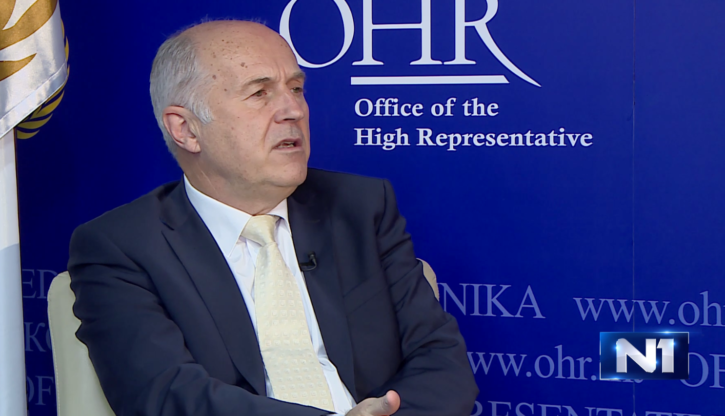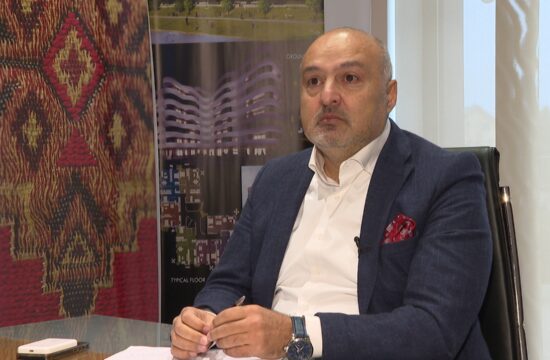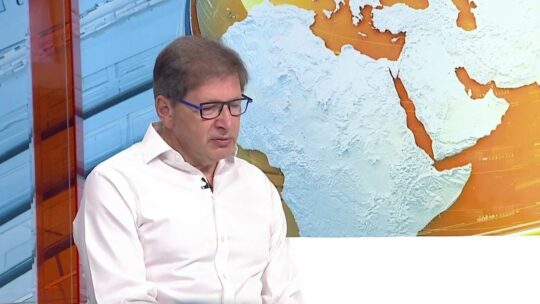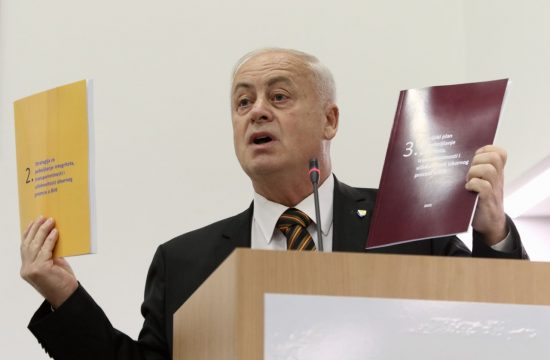
Some things in Bosnia and Herzegovina are unacceptable and need to be fixed, international administrator overseeing the implementation of the peace process in the country, Valentin Inzko, told N1 following the regular meeting of foreign ambassadors who constitute the Peace Implementation Council (PIC).
“Some say Bosnia and Herzegovina cannot survive – we condemned that. You know that (Serb) Presidency member said ‘Goodbye BiH, welcome RS exit’, that's entirely unacceptable. Attacks on judiciary are unacceptable,” said Inzko, who heads the Office of the High Representative (OHR), installed by the international community to monitor the implementation of the Dayton Peace Accords (DPA), which ended the 1992-95 war and contains the State Constitution.
He said the PIC political directors welcomed the agreement on the distribution of the International Monetary Fund's (IMF) loan to tackle the coronavirus crisis, stressing that this should have been done long ago.
The ambassadors also discussed the elections in the southern city of Mostar, which has not seen a vote for the past 12 years due to the political disagreements on change of the city's statute.
“Imagine the largest cities in France, America or anywhere else being without elections for 12 years. That's not acceptable,” Inzko said and unveiled that the EU and US ambassadors are helping the local leaders reach a compromise on this matter.
“It is too soon to say something, but I can't say nothing is happening. In two to three weeks I will be able to say more,” he added.
As for the country's local elections that were initially called for the autumn this year, Inzko warned this process greatly depended on the state budget for this year which has not been adopted to date.
“It is scandalous that funds haven't been secured for that and we are talking about 4-5 million marks,” he stressed. “I hope a regular budget would be adopted by the end of the month at latest and that it would include the funds for elections.”
Commenting on the calls of some local politicians for shutting down of his office, the High Representative said that his departure was not disputable but that the question is what would change for the better if he leaves.
“I personally believe it is better to have less and less of the international presence, but that has to be grounded on results,” said Inzko, noting that the country should first implement the conclusions that the European Union outlined in the Opinion on Bosnia's membership application, which would prove a certain degree of readiness.
Asked why he has not started using the special powers he was assigned with as the High Representative, Inzko replied he was ready to do that anytime but that domestic solutions were always better and last longer.
Speaking of controversial purchases of medical equipment in Bosnia during the coronavirus epidemic, which are investigated by competent bodies, the High Representative said it was crucial to secure the independence of the judiciary with no political influence.
“Political pressures do exist, there are statements of some officials, but the judiciary and prosecution can best prove with their results that they are independent. I think this is a fantastic opportunity for the prosecution to show they are doing a good job and to demonstrate independence and professionalism. Such a chance won't appear again so soon,” he added.
Political Directors of PIC Steering Board meet every six months to provide the High Representative with political guidance and to evaluate the country's progress towards the politically and democratically stable society, stating their opinion in a Communiqué following every meeting.




